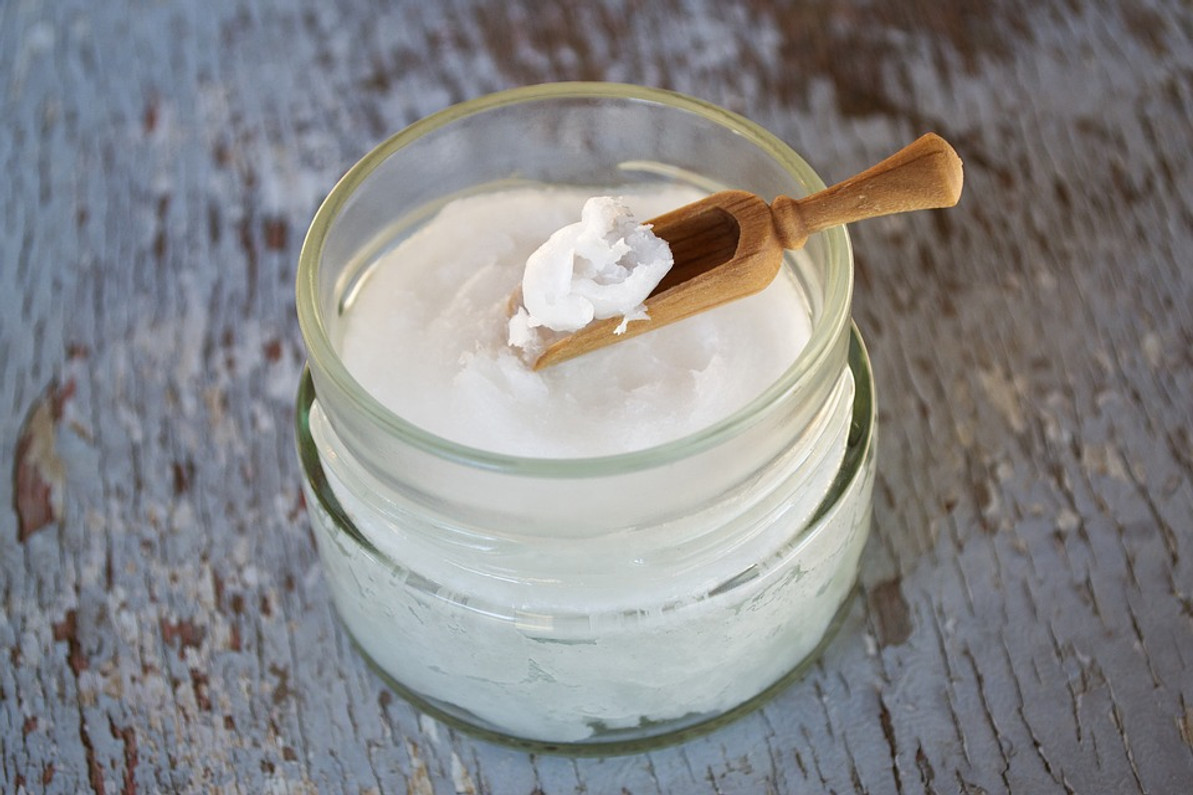Perhaps Coconut Oil Isn't Good for Your Health

Coconut oil is often touted as a healthier alternative to traditional cooking oil. Made from the extracted kernel of mature coconuts, it oxidize slowly, making it resistant to spoilage. The general belief is that plant-based oils, including coconut oil, is healthier than animal-based oils like beef fat and butter. However, this may not be the case, as there's new evidence suggesting that coconut oil may not be a healthier option.
According to a recent report published by the American Heart Association (AHA), coconut oil increases LDL cholesterol levels, which is the bad type of cholesterol. For the study, researchers analyzed data from several existing studies, in which they found that participants' LDL cholesterol levels had increased in all seven controlled trials after consuming coconut oil. Researchers did not, however, see a difference between coconut oil and other high-fat oils.
It's no secret that LDL cholesterol is a risk factor of heart disease. When LDL cholesterol levels increase, blood flow is restricted; thus, increasing the risk of stroke and other heart conditions. The problem with coconut oil is that it's high in saturated fat -- and all of that saturated fat promotes elevated levels of LDL cholesterol.
Just a single tablespoon of coconut oil contains up to 12 grams of saturated fat, which is about 60% of your daily recommended intake. And many people don't limit themselves to using just a single tablespoon. If you're cooking fish or chicken in a pan, you may use two to three tablespoons of coconut oil, increasingly its total amount of saturated fat.
All of the saturated fat in coconut oil can take a toll on your health. As revealed in this study, it increases your LDL cholesterol levels, while subsequently increasing your risk of heart disease and other chronic health conditions.
"Any change should be viewed in the context of a whole diet approach. The traditional Mediterranean diet has benefits for a range of risk factors for heart disease, not just cholesterol levels," said Victoria Taylor of the British Heart Foundation. "We recommend replacing the saturated fats in the diet with unsaturated fats - using oils instead of butter and choosing foods like avocado, oily fish, nuts and seeds instead of foods high in saturated fats like cakes, biscuits, chocolate and fatty meat."
So, if you're going to consume coconut oil, do it in moderation. Ideally, you should choose cooking oils that are low in saturated fat and high in unsaturated fats. Extra-virgin olive oil, for instance, only contains 1.9 grams of saturated fat, along with 1.4 grams of polyunsaturated fat and 10 grams of monounsaturated fat. Unsaturated fat actually works to lower levels of LDL cholesterol, making it a healthier alternative to its coconut oil counterpart.
Recent Posts
-
Fire Safety in the Workplace: What You Need to Know
What steps are you taking to prevent fires in your workplace? According to the U.S. Occupational Saf …Aug 23rd 2023 -
Is It Safe to Go Jogging With a Cold Infection?
If you're suffering from a cold infection, you might be wondering whether it's safe to go jogging. T …Aug 22nd 2023 -
5 Safety Tips to Follow When Using a Powder-Actuated Tool
Powder-actuated tools are commonly used to join materials to steel and concrete. Also known as Hilti …Aug 20th 2023




